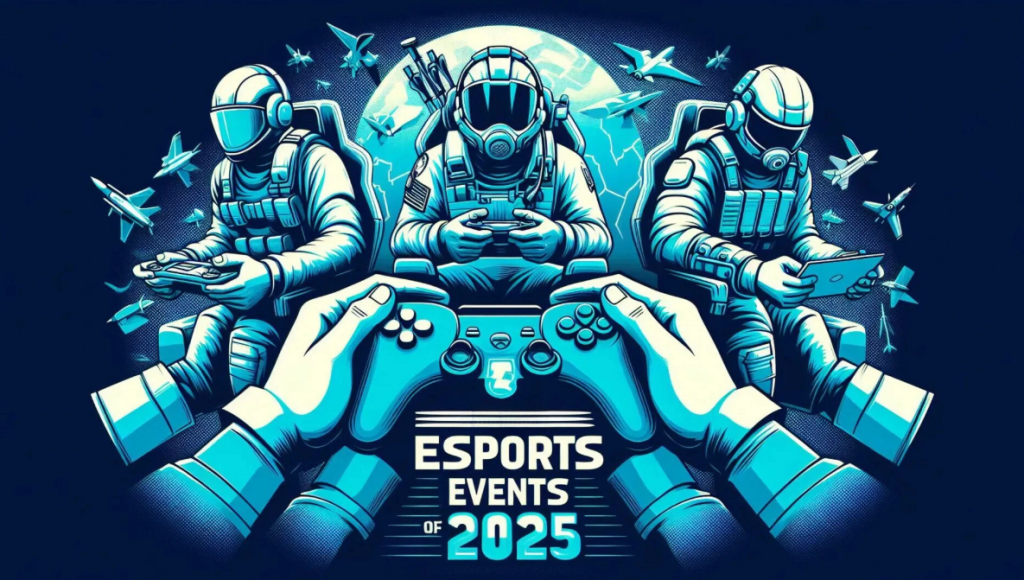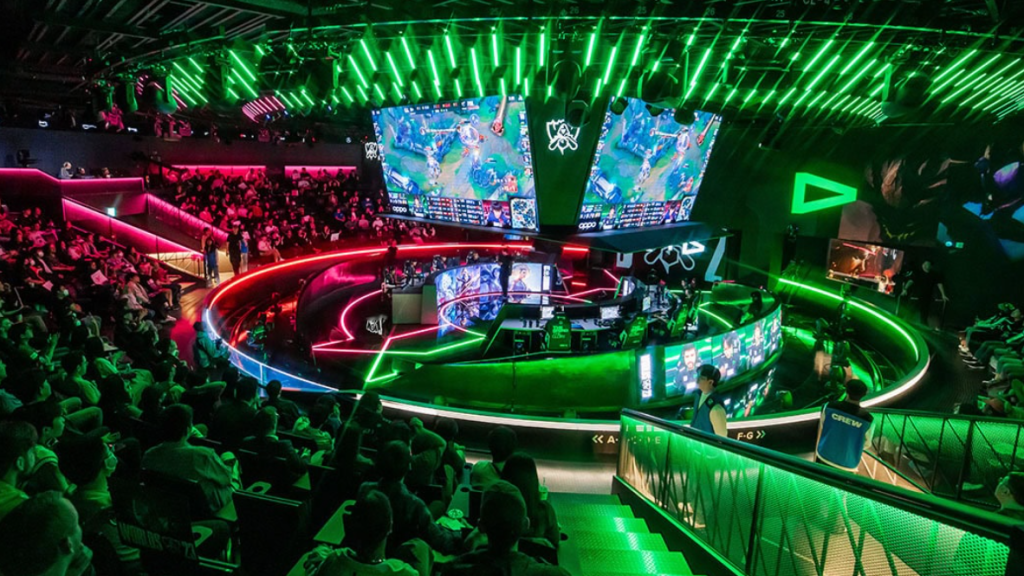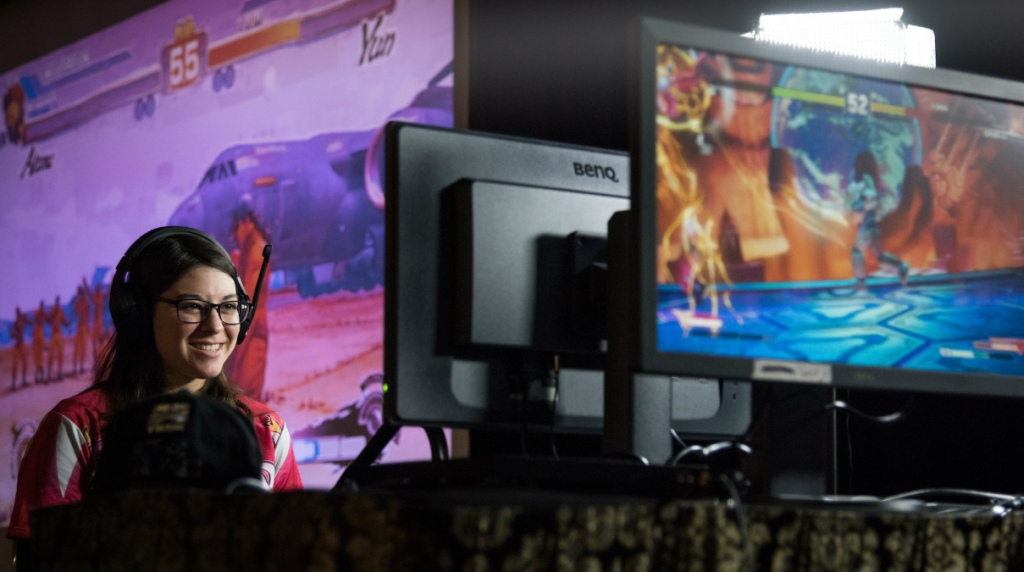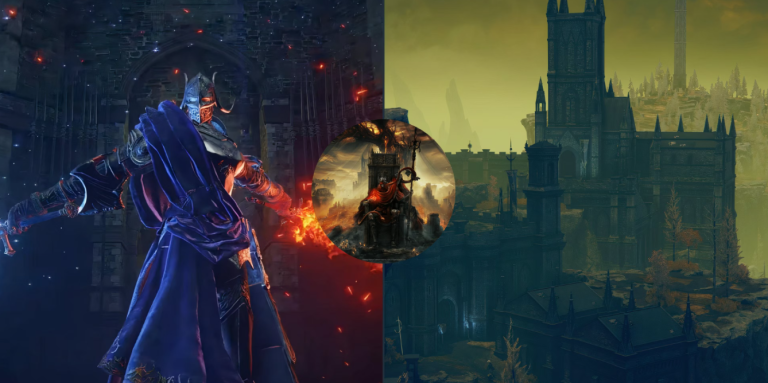
This past summer, Jack and his friends gathered once again in the living room. The screen was alive with an intense League of Legends match, the commentator’s excited voice filling the room, while cheers from fans seemed to leap from the virtual world into their reality. Jack had just graduated from college, and as a passionate gamer, he often watched esports tournaments with his friends, discussing hero picks and tactical shifts. For him, it wasn’t just a game — it was a lifestyle.
Once a niche hobby for a small group, esports has now grown into a global phenomenon. In 2025, games like League of Legends, Valorant, and Dota 2 continue to top popularity charts, attracting millions of players and viewers worldwide. But what keeps these games thriving after all these years? And what stories lie behind the culture that surrounds competitive gaming?
Let’s start with League of Legends, the veteran MOBA from Riot Games that still dominates the scene. Amy, a streamer based in New York, has amassed over a million followers by broadcasting her LoL gameplay. She says, “The appeal is that every match is different. You’re constantly communicating and adjusting strategies with your team. It really shows the power of teamwork.” Her chat is always buzzing with fans discussing clutch plays and epic moments, creating a warm community vibe. Amy’s story reminds us that League of Legends is more than a game — it’s a bridge connecting people.
On the other hand, Valorant attracts a younger crowd, especially those who love shooters. Mark, a college student, got hooked on Valorant this year. “I love the challenge — it’s all about precision shooting and unique character abilities. Teamwork and personal skill go hand in hand.” Mark and his friends spend hours practicing online matches, chatting and bonding along the way. For them, esports isn’t just competition — it’s a social hub.
Meanwhile, Dota 2 remains a favorite among hardcore players. Lisa, a seasoned esports commentator, has covered multiple The International tournaments. She notes, “Dota 2 demands both strategic depth and mechanical skill. Watching a match is like witnessing a high-stakes chess game played at lightning speed.” Among the players she’s interviewed, many have sacrificed holidays and free time to train relentlessly, proving the dedication behind the scenes.
What unites these games is their massive ecosystems. From online competitions and streaming platforms to huge offline events, they pull in viewers from every corner of the globe. Take last year’s League of Legends World Championship held in Los Angeles — over 80 million people tuned in worldwide, outdrawing some traditional sports events.

Interestingly, esports is no longer just a young person’s game. James, a 40-something engineer, enjoys unwinding with Valorant after work, often teaming up with his colleagues. “I never imagined gaming could be a real social activity, but now many of us have become good friends through esports.” James’ experience shows how gaming can break down barriers and build community across ages.
And then there’s the booming economy behind esports. Brands pour in sponsorship money, and game developers constantly release fresh content to keep players hooked. Amy’s streaming earnings, Mark’s tournament winnings — these are just parts of a vibrant ecosystem. Pro teams, training camps, shoutcasters, merchandise — esports is a bona fide career and cultural movement.
Of course, challenges exist. Issues like gaming addiction, mental health, and physical strain have sparked conversations worldwide. Lisa highlights that as esports professionalizes, mental coaching and physical training for players are becoming standard. “Esports isn’t just playing games — it’s a demanding profession requiring discipline and hard work.”

All in all, 2025’s esports scene remains vibrant and diverse. The teamwork of League of Legends, the fast-paced shooting of Valorant, and the strategic warfare of Dota 2 weave together a rich tapestry. From Jack and Amy to Mark and James, their stories show how esports is changing lives. It’s not just a game — it’s a global culture connecting millions.
Looking ahead, as technology advances and audiences grow, what surprises will esports bring next? Maybe the next esports legend’s story is already unfolding somewhere around you.
![]()


